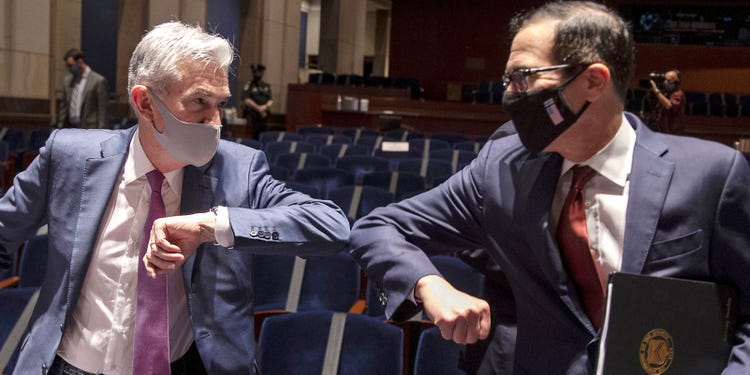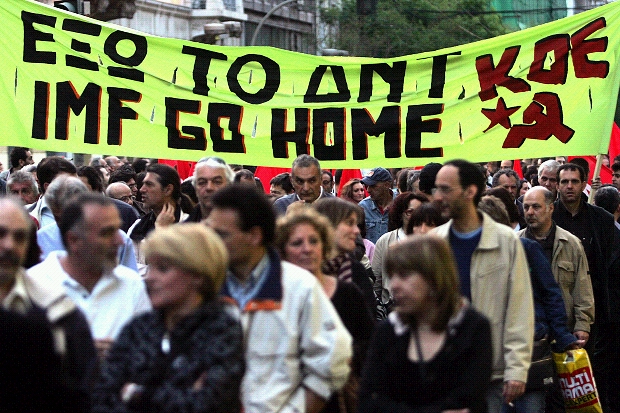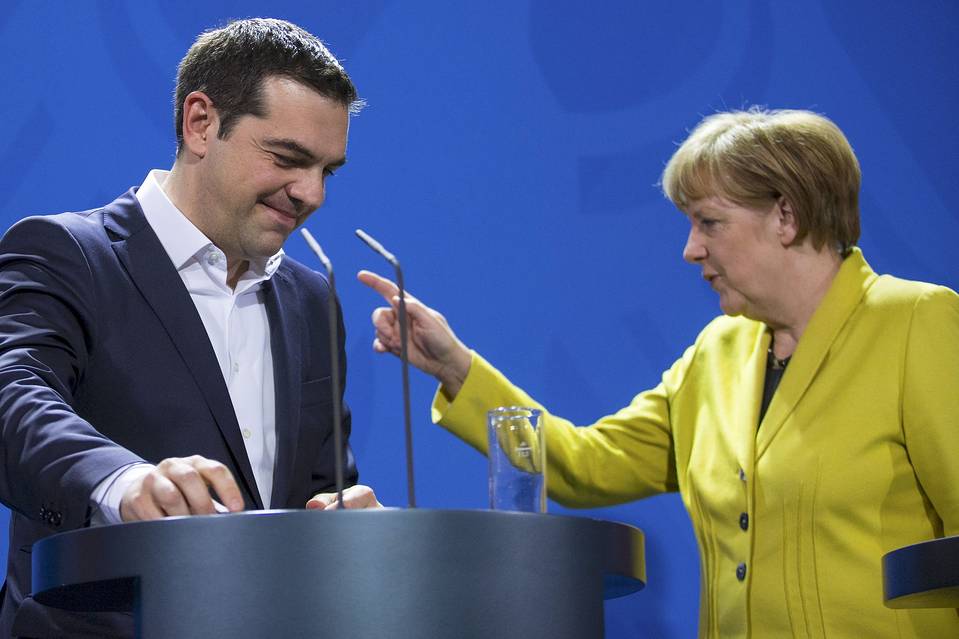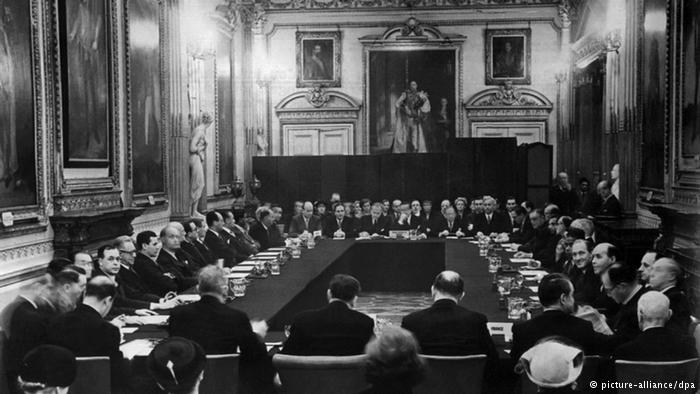This piece is the first of a three-part series grappling with the role of political economy in making a just, sustainable international order. hat’s America’s story for how economic policy relates to international security? I think for a long...


This piece is the first of a three-part series grappling with the role of political economy in making a just, sustainable international order. hat’s America’s story for how economic policy relates to international security? I think for a long...

This is a guest post from Walter James, a PhD candidate in the Department of Political Science at Temple University with an interest in comparative political economy of financial regulation. The...

This is a guest post from Shana Gadarian and Dan McDowell, both Associate Professors at the Maxwell School at Syracuse University. Earlier this month, after Chinese authorities reportedly...

As we prepare to celebrate International Women’s Day on March 8th, Spanish women are getting their banners, pickets and hashtags - #yoparo (#Istop) - ready for a feminist general strike. The...

This is a guest post from Tana Johnson, an Assistant Professor at Duke University's Sanford School of Public Policy. I had the pleasure of editing a reviews exchange on her important new book, Organizational Progeny. The exchange just came out in the latest issue of International Politics Reviews and features reviews from me (Josh), Tanisha Fazal, and Alexandru Grigorescu, as well as a response from Johnson herself. Ungated access here. I’ve recently returned from Geneva, home to scores of international intergovernmental organizations (IGOs). It’s an intriguing place: unlike New York,...

The Chronicle of Higher Education has a longish write-up on Pinar Dogan and Dani Rodrik’s efforts to exonerate Dogan’s father after he had been caught up in then Turkish Prime Minister Recep Tayyip Erdogan’s efforts to push Turkey’s generals out of the political arena. At the heart of this effort was the publication in 2010 of documents detailing an alleged plot—Operation Sledgehammer—by Turkish military leaders in 2003 to overthrow the government by undertaking a massive campaign of state terrorism. Dogan’s father was a general in 2003 and was, according to the documents, the leader of the...

I just got out of a half-day APSA pre-conference short course on the politics of markets, firms, and interest groups organized by the sociologist Edward Walker and political scientist Patty Strach. Having attended Thad Dunning's short course on natural experiments in the past, I think there is a lot to be said for alternative formats to the traditional panel of papers and discussants. This morning, 9 panelists each reflected on a common set of questions with two discussants, Ed and David Vogel, weighing in on our remarks. Fellow panelists including a number of folks who study American...

According to the NY Times, the IMF has refused to participate in any new bailout program for Greece unless Hellas is receiving debt relief. Specifically, says the IMF, this relief must come in one of three ways to be determined by Greece and the Troika: reducing the amount of principal debt to be repaid ("writedowns"), extending the term of the loans (the IMF suggest no payments for 30 years), or interest rate subsidies that would allow Greece to repay its loans at rates substantially below their market value. In practice part of the debt (around€100bn) was already discharged in 2012 via...

The former Greek finance minister Yanis Varoufakis (also a former colleague) has compared Greece's situation to "fiscal waterboarding" at the hands of its creditors. Thomas Piketty has accused Germany of forgetting its own post-World War II experience with debt relief. When I read some of the appeals to Germany and the European Union on Greece's debt situation, I thought as an act of strategic framing that Greece/Syriza (and to a lesser extent those of its supporters like Piketty) might be going about it wrong. As I wrote about in my first book Moral Movements and Foreign Policy, in the...

[UPDATE: This provides more detail and context than I do. Read it instead of, or at least in addition to, my post.] Thomas Piketty has decided that because Germany was the beneficiary of debt relief in 1953 that they should extend the same privilege to Greece today: When I hear the Germans say that they maintain a very moral stance about debt and strongly believe that debts must be repaid, then I think: What a huge joke! Germany is the country that has never repaid its debts. It has no standing to lecture other nations. Before explaining why this is both normatively and positively misguided...
In the Greek bailout episode the Greek government has been behaving much like the self-pitying Antonio from “The Merchant of Venice,” while the EU has been posing as a rather heavy-handed Shylock. Despite being aware of the damaging consequences of a Greek default and potential exit from the Eurozone, the EU seems intent of having its pound of flesh. By subjecting Greece to additional austerity provisions, it may be risking the revival of the Euro financial crisis—this time with serious geostrategic implications. For five years the Greek people have been dealing with a series of austerity...

I would like to cut through a lot of the rhetoric and discuss where we are with the Greece crisis and where we are likely to be quite soon. I will conclude with some thoughts as to why this has been an enormous failure on the part of Syriza and the intellectual left that has supported it, and it will come with a very high cost. TL;DR: Wishful thinking is no substitute for real analysis. The European North made its position on indefinite financing of the South (and East) clear before the euro came into being. In fact, that was a condition for the euro to come into being. It has not changed....